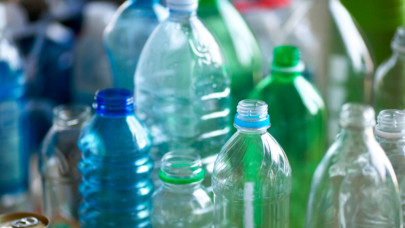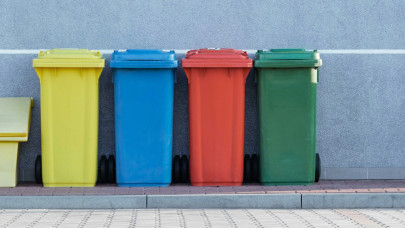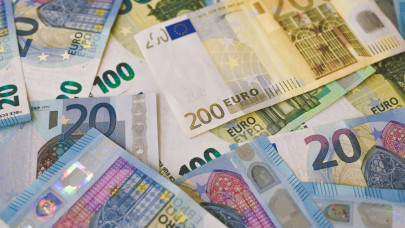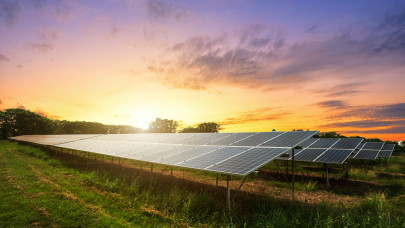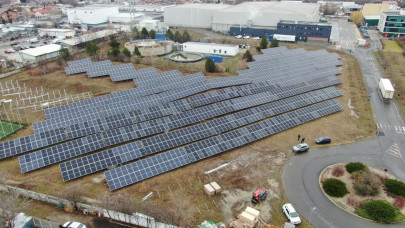“We need to acknowledge that we produce a tremendous amount of waste, particularly municipal waste. Over 6 million tons end up in landfills each year. Another negative aspect concerns the shameful figures of separate waste collection and recycling because, currently, Romania manages to send only 12-13% of waste to recycling facilities. And the third aspect I will address concerns waste sent to landfills. Over 80% of what we produce ends up in landfills, compared to the EU average of around 20%. The issues I mentioned earlier can be partly remedied by utilizing the Deposit-Return System because this year, the SDR aims to achieve a performance rate of 65%, and starting from the third year of operation, the target proposed by law is over 90%, a target proven feasible by the performances of other deposit-return systems in Europe. To complete this Recycling Dance we're discussing, we still need one more thing, namely the factories that will have to manage the eight billion packages we aim to collect every year," said Fechet on the occasion of the launch of the Financing Guide of the "Recycling Plants - Building Waste Recycling Facilities to Achieve Recycling Targets from the Circular Economy Package" program.
He added that he wishes for these extremely important resources to be processed in Romania, not exported to other countries, as they will generate jobs, investments, and business opportunities.
"From this perspective, we support the private sector, and today, we sent to the Official Gazette the Ministerial Order in which we propose to fund approximately 26 recycling plants with 220 million euros, respectively one billion lei, in an amount that can reach 75%. So, 25% of capital from the beneficiary and 75% of funding is to be provided by the Ministry of Environment, Waters, and Forests, through the Environmental Fund Administration, using funds from the PNRR. We will finance projects in the range of 500,000 euros to €8.4 million. We are talking about authorized economic operators that carry out at least one of the following activities: treatment of non-hazardous waste, treatment of hazardous waste, etc.," the minister mentioned.
According to the Financing Guide of the "Recycling Plants" program, eligible economic operators must not be undertakings in difficulty, unable to pay/in insolvency, bankruptcy, or liquidation, and must not have debts to the state budget. Also, firms operating in the fishing and aquaculture sectors are not eligible.
The project implementation period must not exceed June 30, 2026. Through this program, 26 waste recycling plants will be built nationwide. The "Recycling Plants" program aims to finance new waste recycling facilities for separately collected waste to reduce their impact on the environment and population health, reduce resource consumption to promote sustainable economic development in all regions, and achieve recycling targets by the National Circular Economy Strategy and National Waste Management Plan/county waste management plans and waste management plan for Bucharest municipality.



